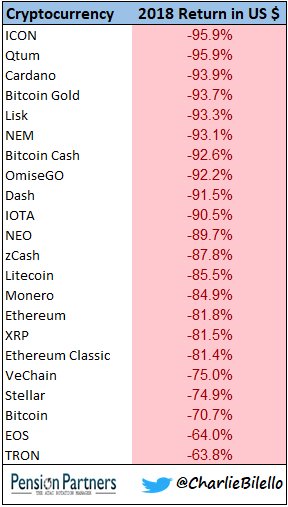The debate around active and passive performance still rages on with equity fund managers aiming to outperform the indices of certain markets and very few consistently achieving this over time.
Active fund managers charge a higher fee aiming to beat an index which is typically the average of a basket of shares in various offerings. For example, SATRIX 40 which is a fund of the top 40 shares on the JSE based on the size of the companies (market capitalisation). Fund managers such as Allan Gray, Investec and Coronation have Equity Funds which invest purely in the stock market. You pay a higher fee for these funds (around 1,5% plus performance fees) expecting a better performance than the average returns of the top 40 companies (fee around 0,5%).
3-Year Returns
Measuring performance from December 2015 to December 2018, the average return of 130 General Equity unit trust managers was 2,04%. For the same period, the All Share Index delivered 4,33%. Only 28 of the 130 fund managers were able to beat the index over this period. The picture is even bleaker when the fund managers take their fees which are typically much higher than the index funds.
5-Year Returns
The results over 5 years are very similar where the All Share index returned 5,77% with equity fund managers achieving only 3,90%. Only 14 out of 104 unit trust managers are able to outperform.
Source: Quarterly Collective Investment Schemes Performance Survey (ASISA/Profile Data (31/12/2018).
Consistent perfomance
This passive approach will never yield the highest returns in a period as you always participate in the average. However, it is clearly evident that the average over time is more reliable than sometimes getting a higher return and most times not! Investing successfully relies on consistent positive returns at the highest yield compounded over time. So, fund managers sometimes do better but over time they struggle. It becomes a tale of the tortoise and the hare.
Simple choice
Passive investing is a much simpler choice over 130 various equity funds on offer in the unit trust space.
An access point for passive investing is found in Exchange Traded Funds. A useful site is www.etfsa.co.za which offers a comprehensive range of funds – equities, property, bonds, offshore, resources etc…
You simply chose a fund on offer in a specific market or sector.
Lower fees
Passive returns are enhanced by the lower fees applied. In the current weak economy, it is evident that returns are hard to find. Fees reduce the yield which in turn affects the compounded growth over time. It stands to reason that the lower fees will improve growth over the same period.
It is difficult to find a compelling reason to invest with a particular equity fund manager or even a combination when the outcome weighs in favour of a weighted index over the same period of time.

